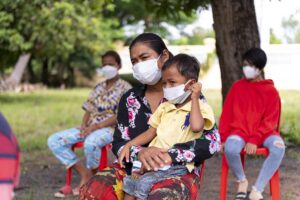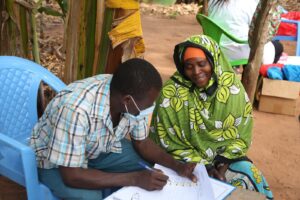In June 2021, the World Health Organization issued recommendations for SARS-CoV-2 national testing strategies.
At the time, the deadly Delta variant was the dominant variant globally.
WHO recommendations highlight the importance of diagnostic testing for SARS-CoV-2 as a critical component for both preventing the spread of the virus and controlling outbreaks.
It advised that countries should have testing strategies in place that are context specific and that testing must be connected to other public health strategies like tracking, tracing, and treatment.
WHO’s list of who should be tested
- Everyone with symptoms meeting the case definition for COVID-19, regardless of vaccination status or prior infection.
- Symptomatic individuals must be tested first and if there are not enough tests, those who are at high risk of severe disease must be tested first.
- Others for whom testing must be prioritized include health workers, hospitalized patients, and those who first showed symptoms in congregate settings.
Asymptomatic individuals should be tested if they were in close contact with patients with a confirmed SARS-CoV-2 infection, health workers or long-term care workers.
What tests must be used?
PCR tests remain the gold standard.
High-quality antigen tests can be used to scale up testing programmes fast.











